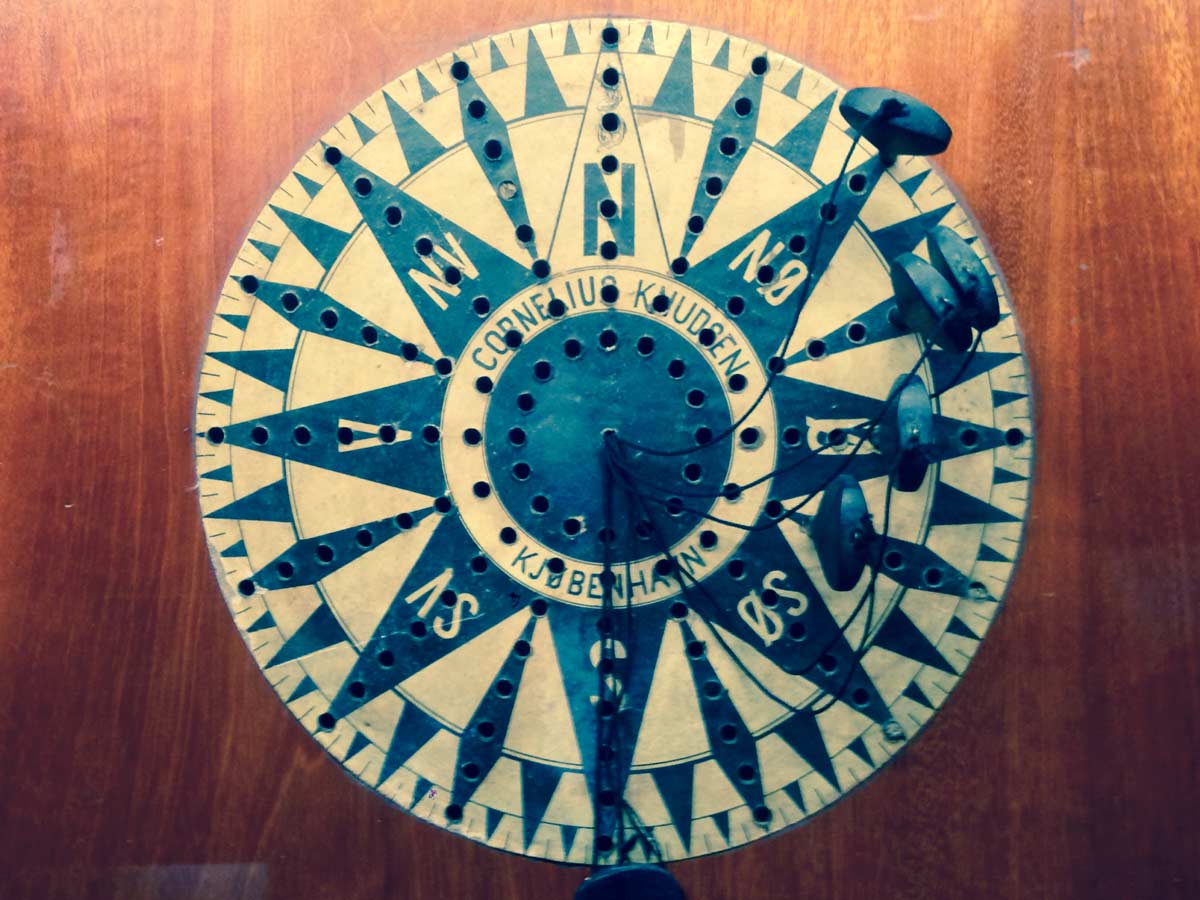The carpet was mud-colored, flecked with red thread. The furniture in the office didn’t look much better: Rigid chairs made of bent metal and dark plastic, a chipboard desk stacked with unopened packages, bookshelves overloaded with uncorrected proofs. It was a chilly December evening, and heat was pumping from the chipped radiator. Through the windows, I saw the shadows of students flitting between street lamps.
I was waiting for my thesis adviser, Alan, to come back from a break. Two weeks ago, I had left a draft of my first novel in his mailbox. I had spent years putting every spare moment into the project, and this was an expert opinion that would help me with finishing it.
Alan had an incisive critical eye when it came to evaluating the merits of a manuscript. You could see it when we were doing close readings of other students’ work, or in the book reviews that he recorded weekly for NPR. I’d also read a few of his novels, one of which was so profound it brought me to tears. He knew his shit.
I was nervous about this meeting. No, that’s an understatement: I was terrified.
He blew into the room. “Thanks for waiting,” he said, settling into his desk chair. He had curly salt-and-pepper hair, a full gray beard that was just on the edge of unruly, and thin wire-frame glasses. They looked like two pieces of glass dangling from his eyebrows. He pulled my manuscript from a stack on his desk, put his hand on it, turned to me.
“I’m going to get right to the point,” he said. “I read through what you’d written for your thesis. It’s a good start. But here’s my advice to you. Stick this manuscript in a drawer and start over. Don’t look at what you’ve already written. Take what you’ve learned and start over in the past-tense third person.”
The shock must have registered on my face, so he kept talking.
“Look. You know the narrator really well. You have a good sense of her voice, and what’s going on in her mind throughout the book. But you wrote the book in the present tense, and in the first person, from the viewpoint of a child. I think makes it hard for the reader to fully understand what’s going on, because your point of view is limited. By starting over and incorporating what you know about the main character into the third person, the book will be much better for it.”
He paused for a few seconds to let this sink in. I had five months left until graduation. At every level, this sounded impossible.
“You’re saying I should rewrite the book before you’ll sign off?” I said.
“Yes. You should get started now.” He handed me back the manuscript. “Any other questions?”
“I’m good. Thanks, Alan.” I said. I grabbed my jacket, placed the draft of my book into my backpack, and walked out the door.
In every story, there’s what happens—and then there’s how you wish it would happen.
I wish I had rewritten that novel. I wish my thesis advisors had approved it. I wish I had graduated with an MFA in creative writing.
But that’s not what happened.
I took the feedback personally. I lost confidence in the book. I lost confidence in my capability as a writer. I quit the graduate program. I didn’t write again for five years.
I wasn’t really listening to his feedback.
Alan wasn’t saying I lacked the capability to write well, or that this book was the one that I should consider abandoning in pursuit of a different project. He had the confidence I could quickly write a second draft that would fix a major structural problem with the book. And I knew he had faith in my ability as a writer, based on his encouragement over the years.
But that’s not what I chose to hear.
*
The rarest gift is the ability to begin again, with clear expectations of where to aim.
Getting anything right the first time is hard, both in art and in business. As you complete any sort of project, it’s inevitable that along the way that you’ll discover what the work needs to be. The final product is rarely what you had intended. And as creators, we are often blind to the flaws woven through our work.
Other people are much quicker to recognize these issues because, well, they didn’t create the thing in the first place. It’s so much easier to take feedback on fixing a typo, or adjusting a paragraph, or redrafting a chapter, rather than zooming out and seeing that something isn’t working at a larger scale.
I’ve seen this play out on multiple innovation projects, where our teams recognized mid-stream that the work wasn’t coming together. This happened on my previous books, where feedback from my partner Mary and expert readers called out problems I didn’t recognize. In each of these situations, it required listening closely to other people’s input, and in some cases, reframing the demands of the project itself to make the changes that were needed.
How many times have you taken what you’ve learned from capital-F failure and put it immediately into practice? Dropped all those assumptions that boxed in what you were thinking? Let go of everything you’d first created? Shook yourself free of the sunk-cost investment, faced down the blank page, and took another crack at it?
Starting over is a skill. It doesn’t come naturally, and we have to develop it. If you’re working on a project, you have to be prepared for it.
